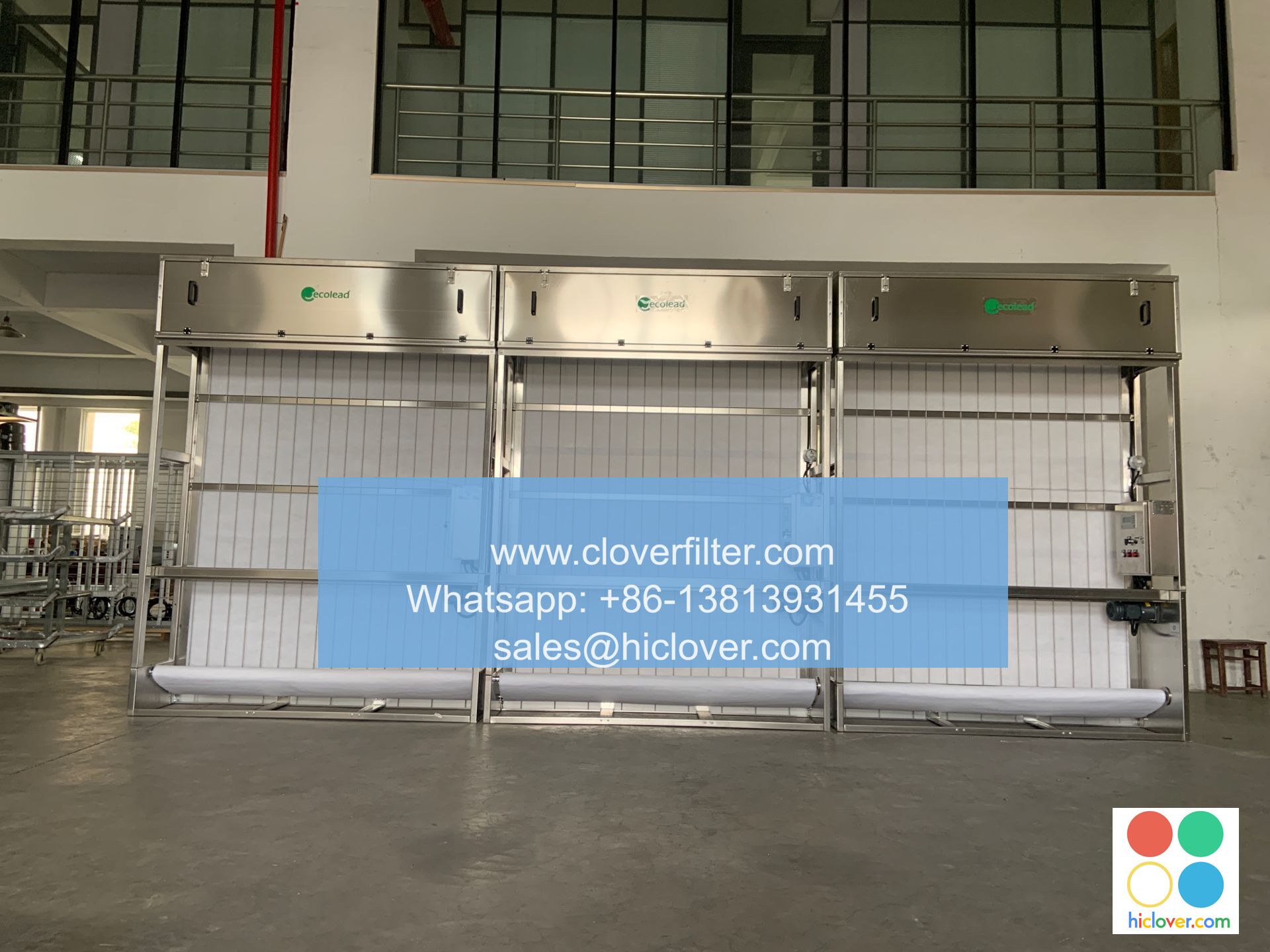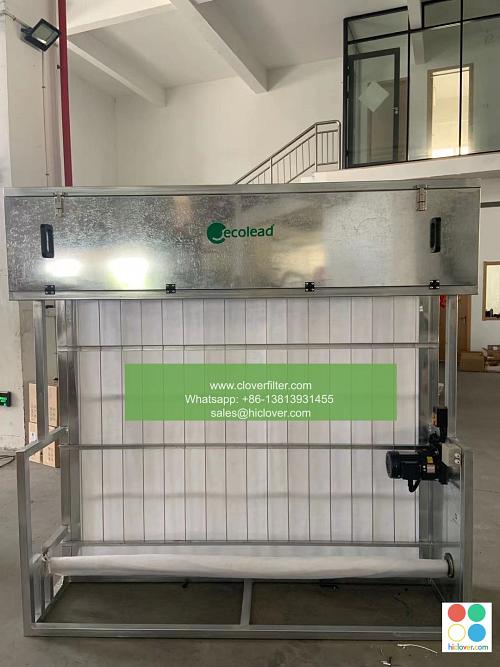Air Filter Maintenance: Saving Energy and Saving Money

Regular maintenance of air filters is a crucial aspect of ensuring the efficient operation of heating, ventilation, and air conditioning (HVAC) systems, as well as improving indoor air quality. In this article, we will delve into the importance of air filter maintenance, its benefits, and the various application areas where it can make a significant impact.
Why Air Filter Maintenance is Important
Air filters play a vital role in removing airborne contaminants, such as dust, pollen, and other pollutants, from the air. Over time, these filters can become clogged, reducing airflow and forcing the HVAC system to work harder, which can lead to increased energy consumption and higher utility bills. In fact, a dirty air filter can increase energy consumption by up to 20%, resulting in significant financial losses. Additionally, poor air filter maintenance can also lead to premature wear and tear on the HVAC system, reducing its lifespan and requiring costly repairs.
Benefits of Regular Air Filter Maintenance
Regular air filter maintenance offers numerous benefits, including:
* Energy Efficiency: By ensuring that air filters are clean and free from debris, HVAC systems can operate more efficiently, reducing energy consumption and lowering utility bills.
* Cost Savings: By reducing energy consumption and prolonging the lifespan of the HVAC system, regular air filter maintenance can result in significant cost savings.
* Improved Indoor Air Quality: Clean air filters can remove up to 99.97% of airborne contaminants, improving indoor air quality and creating a healthier environment for occupants.
* Extended Equipment Life: Regular air filter maintenance can help extend the lifespan of the HVAC system, reducing the need for costly repairs and replacements.
Application Areas for Air Filter Maintenance
Air filter maintenance is essential in various application areas, including:
* Commercial HVAC Systems: Regular air filter maintenance is crucial in commercial settings, such as office buildings, schools, and hospitals, where indoor air quality is paramount.
* Industrial Air Filtration Systems: In industrial settings, such as manufacturing facilities and warehouses, air filter maintenance is essential for ensuring the efficient operation of equipment and preventing downtime.
* Residential HVAC Systems: Homeowners can also benefit from regular air filter maintenance, improving indoor air quality and reducing energy consumption.
* Cleanroom Environments: In cleanroom environments, such as laboratories and pharmaceutical facilities, air filter maintenance is critical for maintaining strict air quality standards.
Best Practices for Air Filter Maintenance
To ensure the efficient operation of air filters and HVAC systems, follow these best practices for air filter maintenance:
* Regular Inspections: Inspect air filters regularly to ensure they are clean and free from debris.
* Filter Replacement: Replace air filters every 1-3 months, depending on usage and manufacturer recommendations.
* Cleaning and Maintenance: Clean and maintain air filters according to manufacturer instructions to ensure optimal performance.
* Upgrades and Retrofits: Consider upgrading or retrofitting air filters with high-efficiency filters, such as HEPA filters or ULPA filters, to improve indoor air quality and reduce energy consumption.
In conclusion, regular air filter maintenance is a crucial aspect of ensuring the efficient operation of HVAC systems, improving indoor air quality, and saving energy and money. By understanding the importance of air filter maintenance and implementing best practices, individuals and organizations can reap the benefits of improved energy efficiency, cost savings, and extended equipment life in various application areas, including commercial, industrial, residential, and cleanroom environments. You haven’t asked a question or provided any context. What would you like to talk about?

